18 Reasons Some Older Women Choose to Stay After Betrayal (And Why Others Don’t)
Infidelity cuts deep—especially in a long-term relationship built on trust, history, and shared life. But when the betrayal comes, not every woman packs up and walks away.
For some, the decision to stay isn’t about denial—it’s about strength, circumstance, or a desire to rebuild. Others realize that leaving is the only way to reclaim themselves.
This list explores the quiet resilience, complex emotions, and deeply personal reasons behind why some older women choose to stay after betrayal—and why others don’t. There’s no one-size-fits-all answer, but there is power in understanding the why behind each path.
1. “We’ve built an entire life together—I couldn’t imagine starting over at 65.”
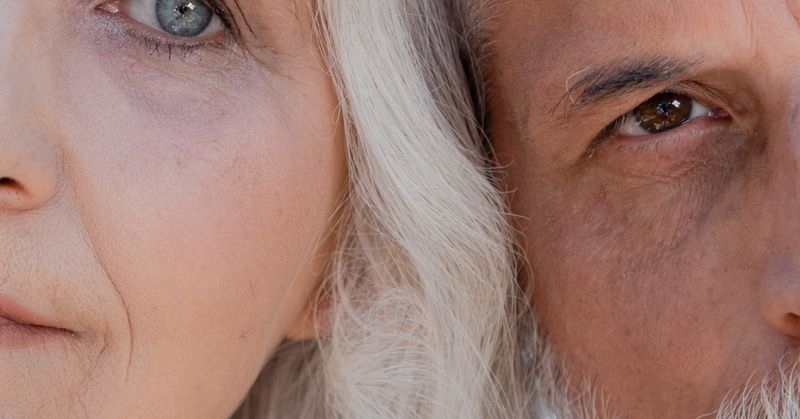
The thought of rebuilding feels more overwhelming than the betrayal itself. Starting over at 65 isn’t just about finding a new partner—it’s about crafting an entirely new life.
The history shared with a partner can feel like an anchor, both grounding and heavy, making the idea of leaving seem like letting go of a piece of oneself. This decision isn’t easy, and it’s deeply personal, reflecting years of shared experiences, memories, and love.
2. “He admitted it, took responsibility, and truly changed.”

When the remorse is real, some women choose to give love another chance—with new boundaries. Admitting a mistake is one thing, but taking responsibility and showing genuine change is another. This can rekindle trust and strengthen the relationship.
For some, seeing their partner’s willingness to work through the pain and grow offers a chance to rebuild what was broken. It’s not about forgetting but about believing in the potential for a renewed connection.
3. “We’ve weathered too much to walk away now.”

Shared decades, family, loss—some choose history over heartbreak. Having faced life’s ups and downs together, the thought of leaving can feel like erasing all that resilience and shared strength. It’s not always about forgetting the pain but honoring the journey.
The storms they’ve weathered become the glue that holds them together, making the idea of parting seem more painful than staying. This choice is about valuing the life built together, despite the cracks.
4. “I didn’t stay for him—I stayed for me.”

For some, staying was a choice of peace, stability, or power—not fear. It’s about reclaiming control over one’s own life and deciding to stay on one’s own terms.
The relationship may be imperfect, but the decision to stay reflects a personal conviction to find stability and contentment within it. This isn’t about dependency but about choosing what feels right for oneself, even if it means staying in a flawed relationship.
5. “Financially, leaving wasn’t an option.”

Long marriages often mean shared assets—and starting over solo can feel impossible. The financial implications of leaving can be daunting, especially later in life when career opportunities may be limited. For many, staying is a matter of practicality, ensuring financial security and stability.
This decision isn’t about love or reconciliation but about necessity, highlighting the complex realities that come with long-term partnerships and shared finances.
6. “He was broken too. And for the first time, he was willing to heal.”
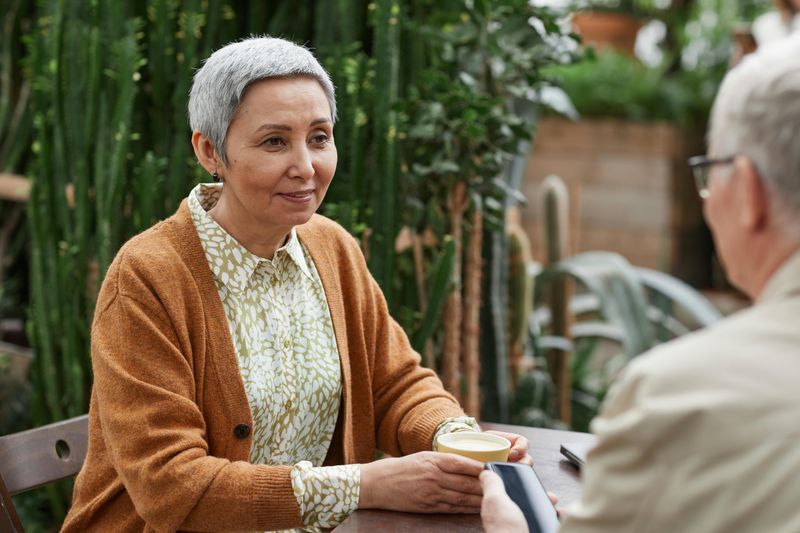
Betrayal sometimes becomes the wake-up call a relationship needed to become more honest. When both partners acknowledge their wounds and are willing to heal, it can lead to a deeper understanding and connection.
This shared vulnerability can transform the relationship into something more meaningful, where both individuals grow together. It’s about seeing the potential for healing and choosing to face the pain as a united front, with hope for a better, more honest future.
7. “Our kids are grown—but I still cared about the family we’d built.”

Even adult children influence the decision to keep the family unit together. For many, the family extends beyond the immediate relationship, encompassing children, grandchildren, and shared traditions.
The desire to maintain this family legacy can outweigh the urge to leave, making the decision to stay a reflection of love for the family, not just the partner. It’s about preserving the family structure and the memories that have been built over the years.
8. “I knew I could never undo the past—but we could rewrite the future.”
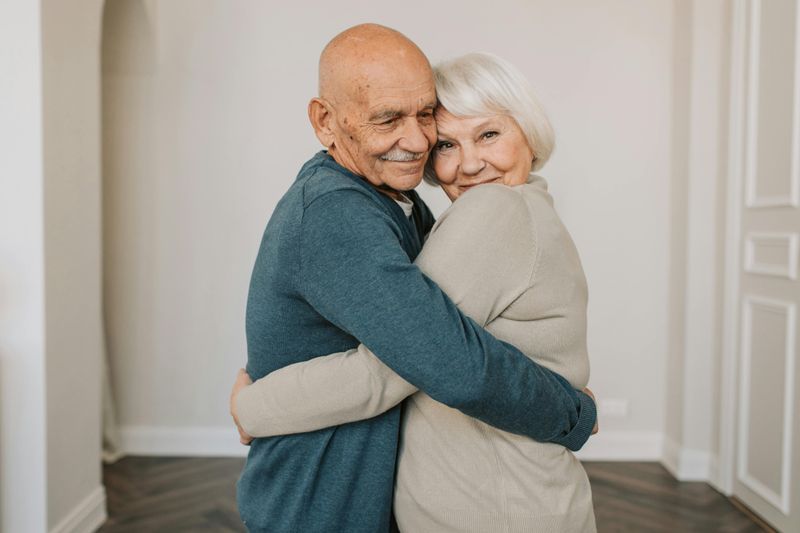
Some couples choose to rebuild—not because they forget, but because they decide to move forward differently. The past may be marred with pain, but the future offers a blank slate. This decision is about hope and the belief that change is possible.
By choosing to stay, some women see the opportunity to create a new chapter, one where both partners learn from past mistakes and grow together, building a relationship that reflects their shared hopes and dreams.
9. “I stayed because I wasn’t done loving him yet.”
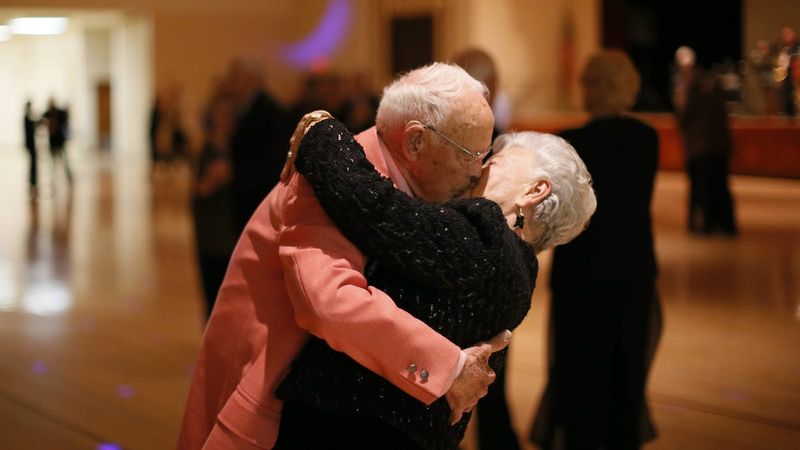
Sometimes, it’s that simple. Love, flawed as it is, still exists. Walking away isn’t always an option when the heart is still tied to the person who hurt you.
This is about acknowledging that love can persist even amidst betrayal, and choosing to stay is sometimes about honoring that imperfect but real emotion. It’s about recognizing that love is complex and messy, and sometimes staying is simply because that love still holds a place in the heart.
10. “The betrayal broke something I couldn’t repair.”
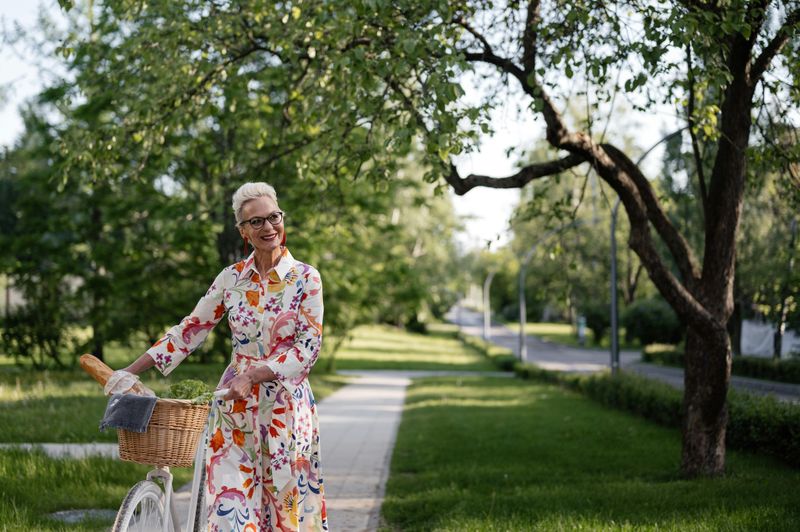
It’s not always about anger—it’s about knowing what’s been lost can’t be rebuilt. For some, the trust and connection that was once the foundation of the relationship feel irreparably damaged. This isn’t about holding a grudge but about accepting reality.
Leaving becomes a way to honor oneself and the recognition that some things, once broken, cannot be put back together. It’s about finding peace in parting and the strength to walk away from what no longer serves.
11. “I gave him the best years of my life. I refused to give him the rest.”

Leaving was an act of reclaiming time, dignity, and self-worth. It’s about understanding that while years were shared, the future still holds promise of new adventures. The decision to leave reflects a desire to invest in oneself and reclaim the time and energy once dedicated to the relationship.
This choice is about empowerment, self-respect, and the realization that it’s never too late to put oneself first and seek a life that truly fulfills and honors one’s own needs and desires.
12. “I wasn’t going to be the one carrying all the pain while he got off easy.”
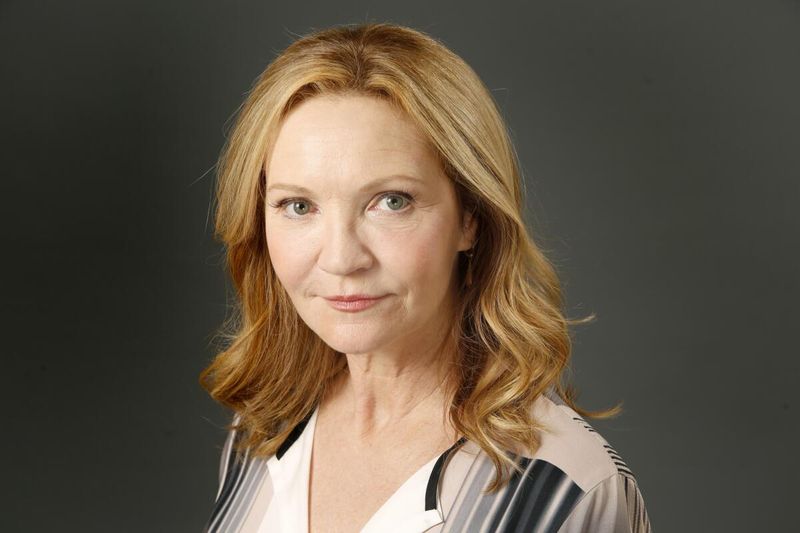
Some women refuse to become the emotional caretaker for the man who broke them. This choice is about fairness and self-preservation, recognizing that one-sided healing isn’t true healing. It’s about not accepting the burden of the relationship’s aftermath while the other partner remains unchanged.
Choosing to leave is a statement of self-care, refusing to be the sole bearer of pain, and seeking a path where emotions are acknowledged, respected, and reciprocated equally.
13. “The trust was gone. Without that, what’s left?”

For many, trust isn’t just part of love—it is love. When trust is shattered, the very foundation of the relationship crumbles. This isn’t just about infidelity but about the deeper betrayal of belief and security.
Deciding to leave is about honoring the need for trust and recognizing that without it, the relationship lacks the core element that made it meaningful. It’s about seeking a life where trust can be restored, if not in the current relationship, then in oneself.
14. “I realized I had abandoned myself for years—this was my wake-up call.”

The betrayal was just the final crack in a relationship that had been empty for too long. Sometimes, infidelity highlights an underlying issue of self-abandonment, where one’s own needs were ignored for the sake of the relationship.
Choosing to leave becomes a journey of self-rediscovery, acknowledging that it’s time to listen to one’s own voice and needs. This choice is about self-love and the realization that true happiness starts with being true to oneself.
15. “I didn’t want to spend my later years in resentment.”

Leaving wasn’t about punishment—it was about peace. Recognizing that holding onto resentment would only harm oneself, some women choose to walk away from the negativity. It’s about valuing peace of mind and the ability to enjoy life without the shadow of past hurts.
The decision to leave reflects a desire for tranquility and joy in the years to come, prioritizing mental and emotional well-being over the unresolved issues of the past.
16. “He didn’t really want to change. He just didn’t want to lose his comfort.”
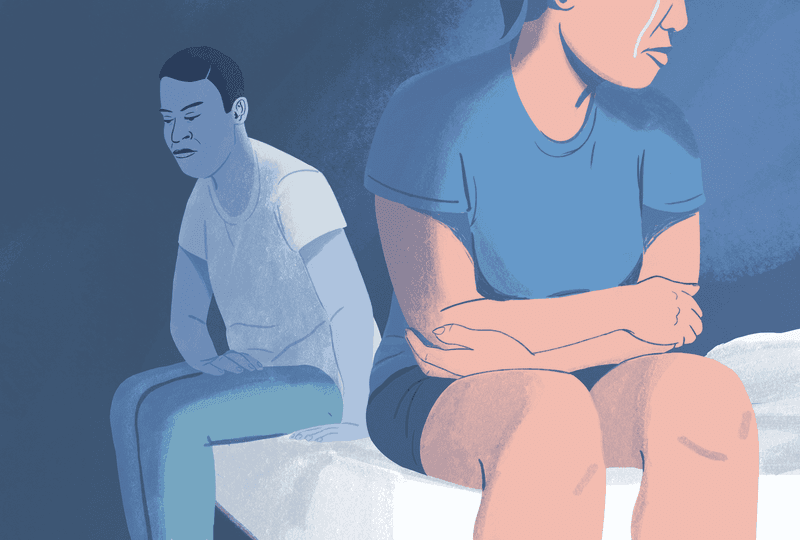
Apologies mean nothing without consistent action. Some women leave when the pattern repeats. It’s about recognizing empty promises and the realization that staying would mean accepting less than one deserves.
Knowing the difference between genuine change and mere comfort-seeking is crucial, as it dictates whether the relationship can truly move forward. Leaving becomes an act of self-respect, choosing not to settle for surface-level changes that don’t address the root of the issues.
17. “I stayed once. It happened again. That was my limit.”

For many, the second betrayal is the line in the sand. Trust, once broken, can be mended, but repeated betrayal often signifies a pattern that cannot be ignored. Choosing to leave after a repeated offense is about setting boundaries and recognizing one’s own worth.
It’s about understanding that forgiveness has limits and that self-respect requires acknowledging when enough is enough. This decision is about safeguarding one’s own heart and future.
18. “For the first time in my life, I chose me.”
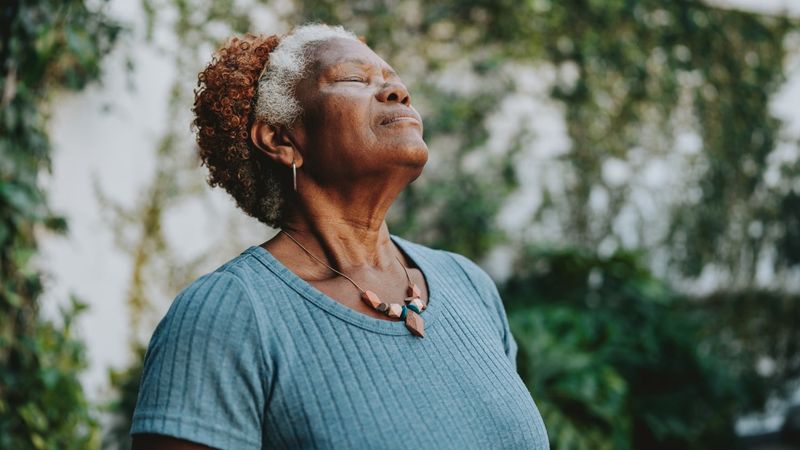
After decades of putting others first, walking away became the most radical act of self-love. It’s about embracing independence and finally prioritizing one’s own happiness and needs.
This choice isn’t just about leaving a partner—it’s about embarking on a new journey where self-care and self-appreciation lead the way. It’s a bold move that speaks volumes about the courage to rewrite one’s life story, with oneself as the leading character.







